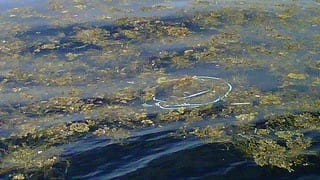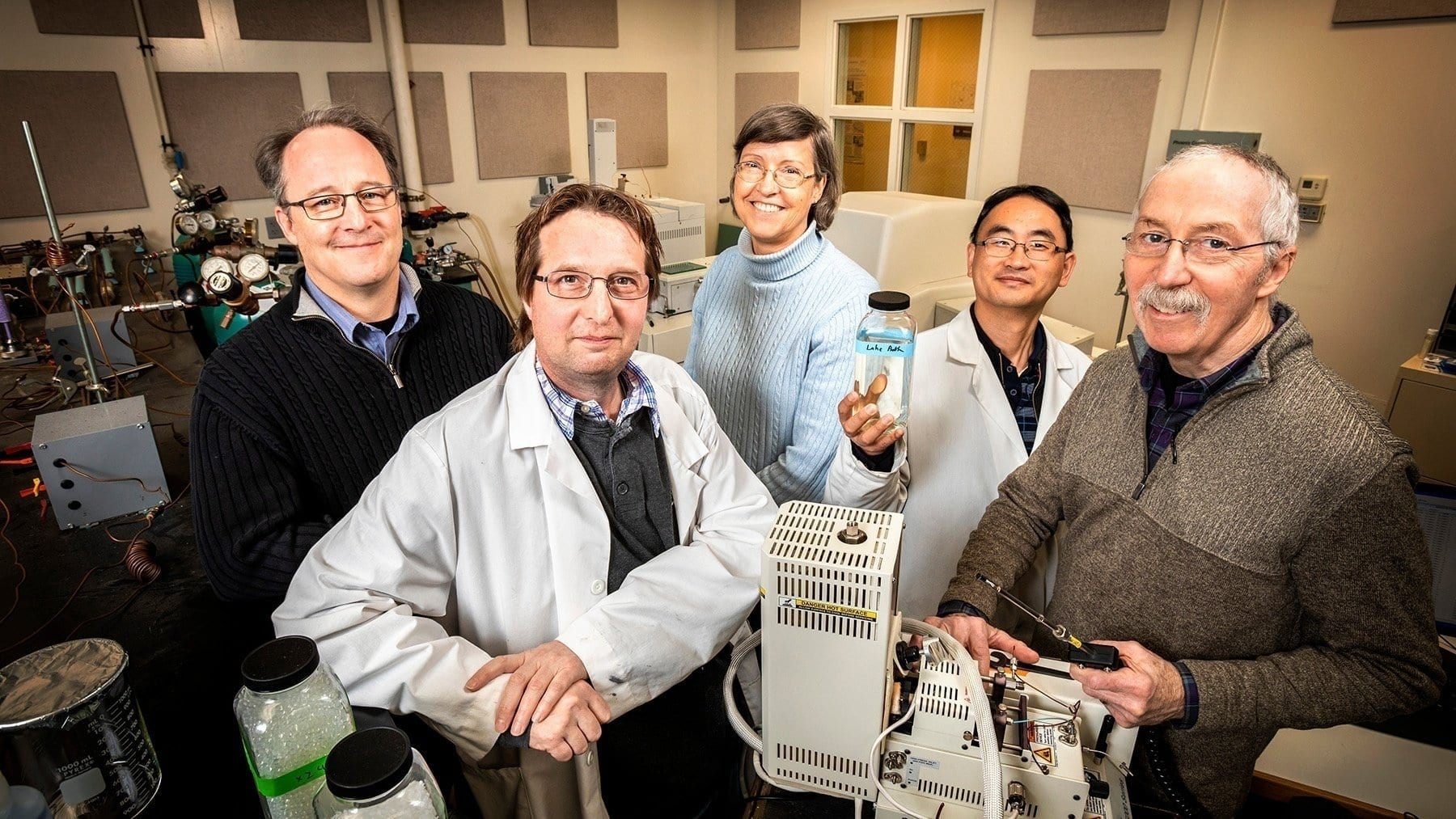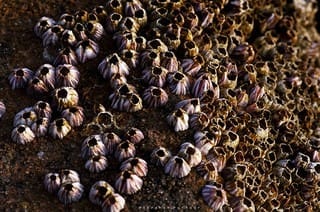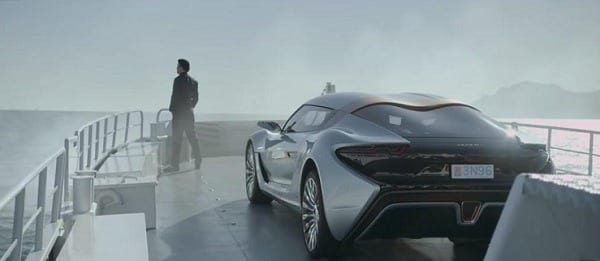
It has been suggested that 10 per cent of plastic which is thrown away ends up in the marine environment
The tiny plastic particles polluting our seas are not only orally ingested by marine creatures, but also enter their systems through their gills, according to a new study led by the University of Exeter.
Scientists also discovered that when microplastics are drawn in through this method they take over six times longer to leave the body compared with standard digestion.
Lead author Dr Andrew Watts of Biosciences at the University of Exeter said: “Many studies on microplastics only consider ingestion as a route of uptake into animals. The results we have just published stress other routes such as ventilation. We have shown this for crabs, but the same could apply for other crustaceans, molluscs and fish – simply any animal which draws water into a gill-like structure to carry out gas exchange.
“This is highly important from an ecological point of view, as if these plastics are retained longer within the animal there is more chance of them being passed up the food chain.”
The Latest on: Microplastics
[google_news title=”” keyword=”Microplastics” num_posts=”10″ blurb_length=”0″ show_thumb=”left”]
via Google News
The Latest on: Microplastics
- Microrobotic Swarms Tackle Microplastics and Bacteria Pollutionon May 9, 2024 at 7:18 am
In recent research published in the journal ACS Nano, researchers reported how swarms of microscale robots, or microrobots, collected microorganisms and plastic fragments from water.
- Is Your Teabag Exposing You to Microplastics? Yes, According to New Researchon May 9, 2024 at 6:03 am
I remember the first cup of hot tea I ever had. I was 17 and recovering from a misdiagnosis that left me unable to walk or feed myself. My mom had to go to work and so left me with my grandmother to ...
- Swarms of Miniature Robots Clean Up Microplastics and Microbes, Simultaneouslyon May 9, 2024 at 1:32 am
Microscale robots that mimic natural swarms, like schools of fish, have been designed to capture microplastics and bacteria from water.
- Tiny tenacious robots snatch bacteria and microplastics out of the wateron May 8, 2024 at 1:57 pm
Scientists have developed tiny "robots" which appear to be very effective at removing microplastics pollution from water. What's more, the little bots also target the harmful bacteria that often hitch ...
- America has a $250 billion problem: Microplastics have invaded our bloodstreams and may increase the risk of heart attack and strokeon May 8, 2024 at 7:52 am
For all the damage that microplastics are doing to the planet, it may be that only an impending threat to the human body will direct the kind of attention to the issue that it has long deserved. That ...
- Video shows how swarms of miniature robots simultaneously clean up microplastics and microbeson May 8, 2024 at 5:00 am
When old food packaging, discarded children's toys and other mismanaged plastic waste break down into microplastics, they become even harder to clean up from oceans and waterways. These tiny bits of ...
- Microrobots Swarm the Seas, Capturing Microplastics and Bacteria [Video]on May 8, 2024 at 5:00 am
Researchers have developed microrobots capable of removing microplastics and bacteria from water, addressing the dual threat of pollution and disease spread in aquatic environments. When old food ...
- Microplastics are everywhere, even in your bloodstreamon May 7, 2024 at 2:15 am
As the film unravels, audiences are made scarily aware of the presence of microplastics in food, soil, clothes, blood, feces and daily household items. More shockingly, the film captures microplastics ...
- 'Everywhere we looked, we found evidence': Microplastics expert on 20 years of pollution researchon May 6, 2024 at 9:14 am
Thirty years ago, while counting barnacles, limpets and seaweeds along rocky shores, I started noticing a daily tide of litter, mostly plastic. As a marine biology Ph.D. student at Liverpool ...
- Microplastics: A looming threat to our well-beingon May 1, 2024 at 3:17 am
The pervasive presence of microplastics in our environment has become an issue of global concern, prompting urgent action from scientists, policymakers, and individuals alike. These tiny plastic ...
via Bing News










